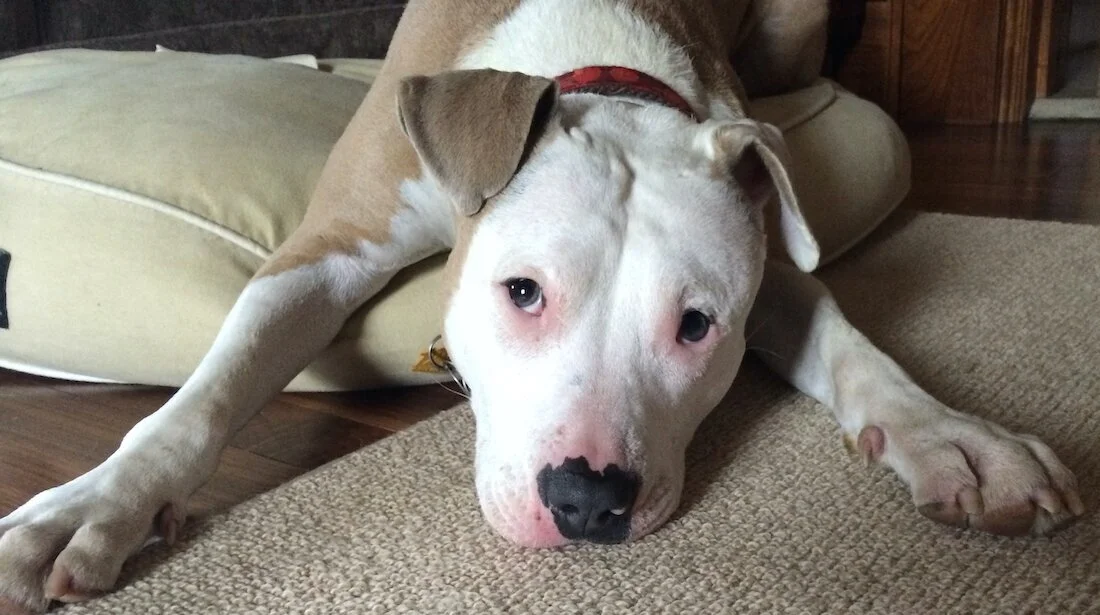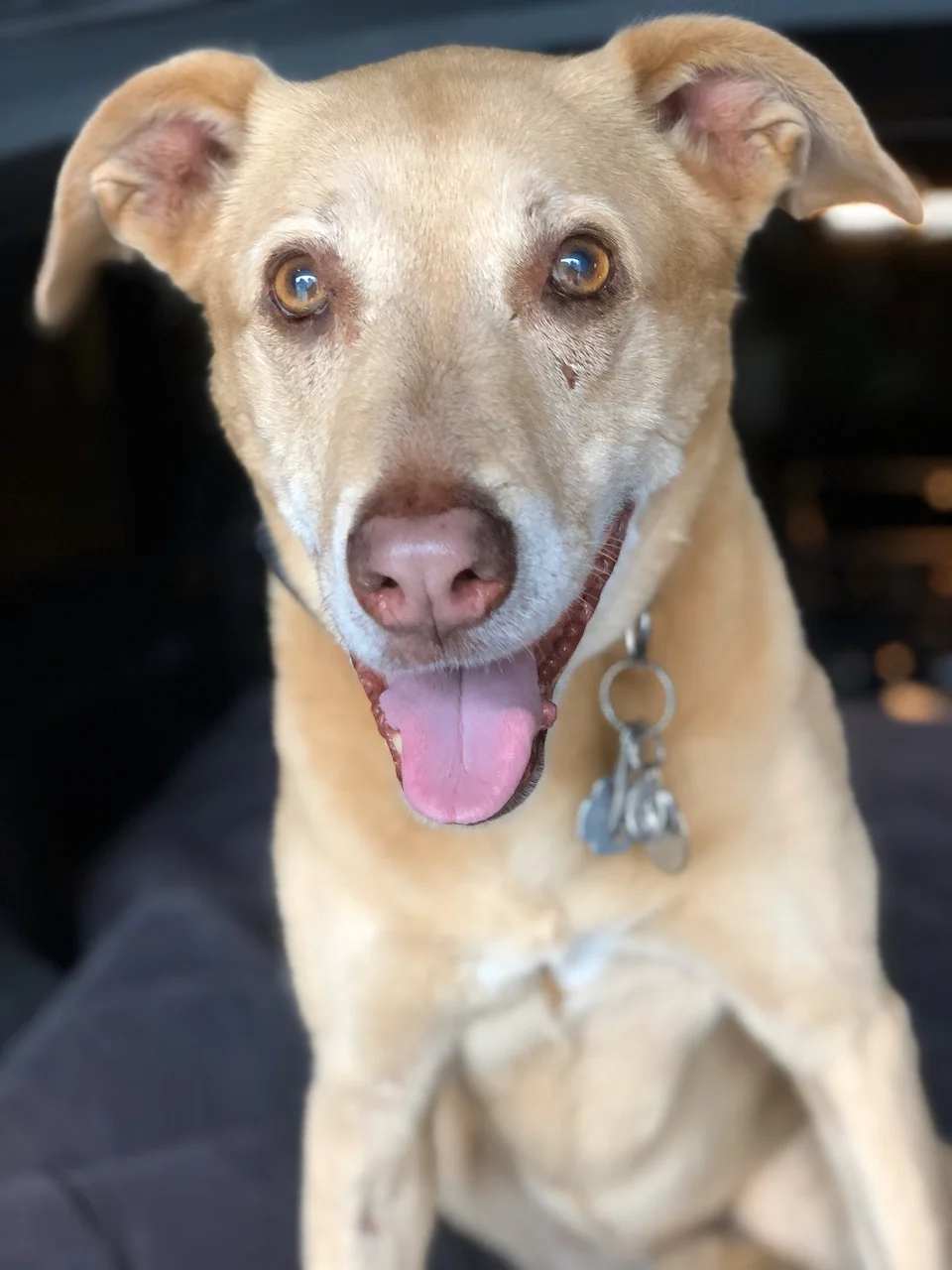 A week at Cannes is hard work. Physically. Financially. And emotionally. The relentlessness of what’s next being punctuated by the constant evaluation of how we’re doing.
A week at Cannes is hard work. Physically. Financially. And emotionally. The relentlessness of what’s next being punctuated by the constant evaluation of how we’re doing.
How we’re doing is relative. To the day, the hour, the occasion and the group we are with.
Cannes is geo-locational and hierarchical. Success being measured on a complex, unwritten, but widely known metric. Lunch at du Cap with two prospective clients is trumped by a boat ride to St Tropez with one, but beats drinks at the Carlton with three. And La Colombe d’Or is worth changing your flight home for.
For many that don’t go to Cannes, particularly those that pay the bills, the week is seen as a waste. Of money, of focus and the opportunity to do meaningful work at home.
It’s easy to see why. Four days in the South of France comes conceptually attached to the world of Ian Fleming. Beautiful, powerful women mingling with men in white suits in the pursuit of global domination. Proof that every spy novel comes from a basis of fact.
But beyond the billionaire’s yachts’ moored off St Tropez, or Cap d’Antibes - is that a helipad or a swimming pool on the aft deck and is Armani on board this week? - beyond the glistening sheet metal of the most expensive motors, beyond the limitless supply of rosé, the simple truth is that for any advertising-related business, Cannes is the most valuable investment of the year.
People comes to Cannes wanting to engage. Heads of companies, thought leaders, decision makers, movers and shakers. All are willing to meet, to talk and to explore what might be made of this. The blue and white strata of Ralph Lauren-inspired summer vistas removing limitations of imagination that otherwise restrict the vision of those paid to have one.
This alone makes Cannes worth the price of admission. The limitless possibility of meaningful and memorable conversation with people that can make things happen.
The other return on investment is membership to the club that Cannes represents. The club of, ‘I’m serious.’
If you go to Cannes you’re tempted by the potential. If you’re there it’s because you’re serious. Oh, the beauty and booze are part of the compensation. But use them as motivation even once and you’re not going back. Because if that’s why you’re there you don’t get it. And Cannes separates the don’t get its from everyone else like a canning factory.
But there is waste at Cannes. Sleep for instance. Cannes operates in a different reality. Time passing six to eight times faster. That boat ride to St. Tropez for lunch takes 30 minutes, though your watch tells you it's seven hours since you left. Lunch at du Cap? 15. It is a reality that makes sleep impractical, every moment of disengagement a wasted opportunity to make a connection, have a conversation, promote an idea.
Fortunately, most people don’t. Sleep. At least not much. The four hours a night that seemed like a bare minimum when the week began, is reduced to nothing by the time Saturday come along - sixteen hours after we arrived on Tuesday.
The other waste at Cannes, is opportunity. Wasted by the ocean-full.
There are obvious examples. And some that are almost imperceptible.
Of the former, this year’s winner was Yahoo. A company desperate to be seen as relevant. Proving that money and its spending are not dispositive in an attempt at brand significance. Yahoo sponsored the Gutter Bar, a folly of immense proportions. Sponsoring the Gutter Bar is like sponsoring air. Everyone knows it's not true.
Yahoo also handed out purple flip flops to anyone they could find on the Croissette. All of which went un-worn, from what I could see. And promoted a branded sand castle event on the beach, at reportedly vast expense. Somehow seeing a team of people put Yahoo’s logo into a pile of sand does not convince me I should do something about my relationship with Yahoo. Nor does it tell me what they would like that relationship to be. In a world in which consumers and brands are having conversations, sticking your logo on my feet and in my face, morning noon and night is the act of a bored child, or a dying brand. Not a company trying to solve my problems or provide me with value.
Yahoo’s waste did inspire me to think about how to create the most effective brand placement at Cannes next year. The idea I came up with would change the way Cannes works for everyone that attends. And I’m going to suggest it to one of our clients. I’ll let you know if it goes anywhere.
But the greatest waste at Cannes this year was the opportunity for re-definition. By the Festival itself.
Cannes operated under the theme of “Connections Made Easy.” As an example of truth in advertising, it leaves a little room for improvement.
Cannes is an analog event. It has a badly designed, difficult to navigate, hierarchical (that word again) website. And offered ‘Cannes Connect’. An unintuitive online delegate tool.
But at check-in you are handed an enormous canvas shoulder bag filled with reams of printed paper. You could hear trees crashing in Brazillian rain forests. The week’s schedule is offered in a booklet that has no page numbers. And is too large for any short or shirt pocket.
“Connections Made Easy” is the foundational Purpose of advertising. And there is much about the Festival that encourages those connections.
But the “Made Easy” part is a work in progress.
Which makes sense.
Because Cannes is a reflection of an industry.
One struggling to separate from its past and embrace its future.
But one with the ability to change the way we see things. In this case, in 72 seconds.
Happy 4th of July.































